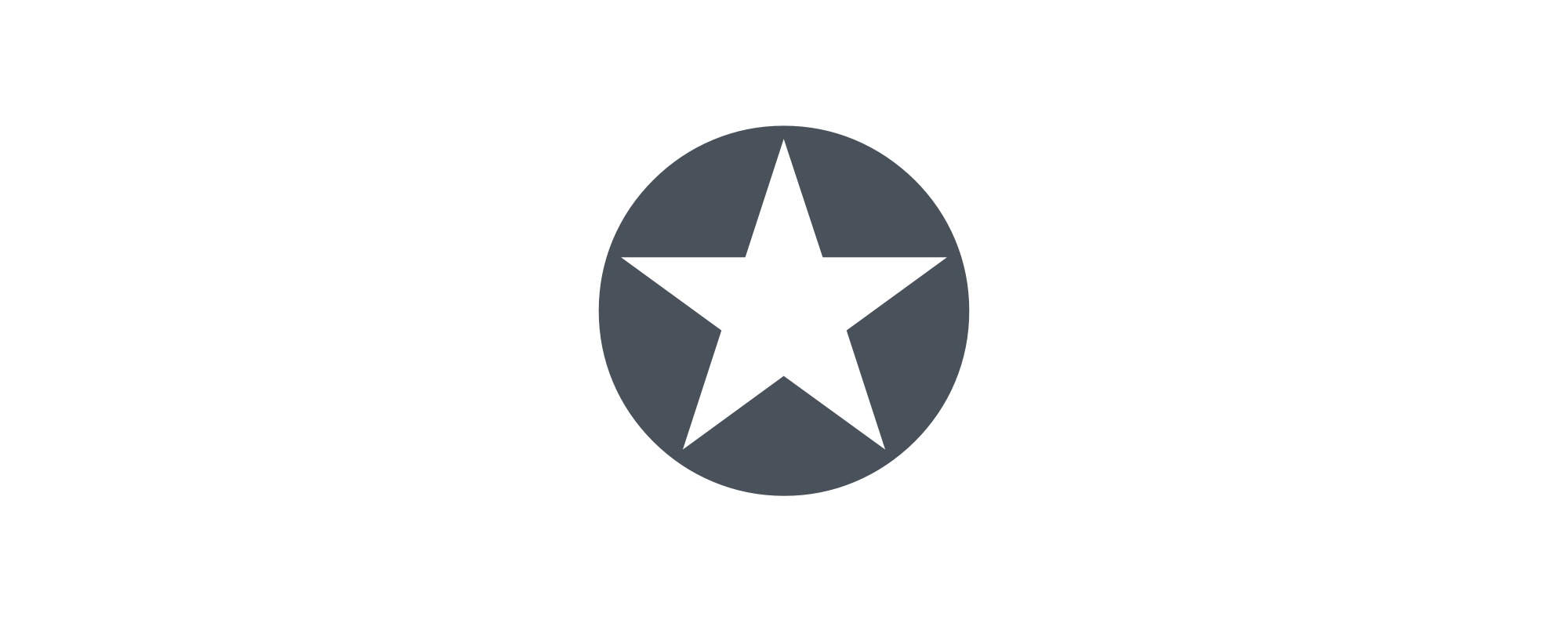The bomb dropped yesterday — midday for me — that Apple was still working on the Mac Pro. Five people were invited for a unique briefing by four — Phil Schiller, Craig Federighi, John Ternus and Bill Evans. This was amazing news which I was not expecting. Quite frankly, I had assumed that the Mac Pro was dead, having gone so long without any updates. I was genuinely happy for most of the day because that meant that my favourite software platform — macOS — has a future. But as I write these words, I can’t help but go back to reading and re-reading John Gruber’s words:
We’re inside a nondescript single-story office building on Apple’s extended old campus, across De Anza Boulevard from One Infinite Loop. This is Apple’s “product realization lab” for Mac hardware, better known, internally, as “the machine lab”. This is where they make and refine prototypes for new Mac hardware. We don’t get to see anything cool. There is no moment where they lift a black cloth and show us prototypes of future hardware. The setting feels chosen simply to set the tone that innovative Mac hardware design — across the entire Mac lineup — is not a thing of the past.
There are only nine people at the table. Phil Schiller, Craig Federighi, and John Ternus (vice president, hardware engineering — in charge of Mac hardware) are there to speak for Apple. Bill Evans from Apple PR is there to set the ground rules and run the clock. (We had 90 minutes.) The other five are writers who were invited for what was billed as “a small roundtable discussion about the Mac”: Matthew Panzarino, Lance Ulanoff, Ina Fried, John Paczkowski, and yours truly.
The discussion is on the record.
I have been following John’s writing for many years now and these are the posts which always fascinate me most. Gruber has a knack for setting the mood for the reader, despite writing about a ‘normal’ meeting between technology executives and journalists — it reads as well as good thriller fiction.
While I did not appreaciate the other invitees articles as much, Matthew Panzarino’s piece was great too, although writting in his own style:
As representatives of the largest company on the planet, it’s not shocking that they need to consider how everything they say could be interpreted both by users and by the market. But it does highlight the difficulty of the balancing act they’re trying to pull off. Having a dialog with pro users (and other users) is healthy in the long run, and seeing Apple make an attempt at this is gratifying. On the other hand, I definitely get the impression that scaling from an audience of five to millions with that dialog is very much an experiment.
As we file out of the building, I can hear the whine of machines beginning to carve away on the next generation of Macs, now promised explicitly for the first time ever.
It’s John’s personal style and the way he describes the most mundane things that make me envious. I still remember his piece from 2012 about Mountain Lion:
“We’re starting to do some things differently,” Phil Schiller said to me.
We were sitting in a comfortable hotel suite in Manhattan just over a week ago. I’d been summoned a few days earlier by Apple PR with the offer of a private “product briefing”. I had no idea heading into the meeting what it was about. I had no idea how it would be conducted. This was new territory for me, and I think, for Apple (…)
Handshakes, a few pleasantries, good hot coffee, and then, well, then I got an Apple press event for one. Keynote slides that would have looked perfect had they been projected on stage at Moscone West or the Yerba Buena Center, but instead were shown on a big iMac on a coffee table in front of us (…)
Schiller has no notes. He is every bit as articulate, precise, and rehearsed as he is for major on-stage events. He knows the slide deck stone cold. It strikes me that I have spoken in front of a thousand people but I’ve never been as well-prepared for a presentation as Schiller is for this one-on-one meeting. (Note to self: I should be that rehearsed.)
This is an awful lot of effort and attention in order to brief what I’m guessing is a list of a dozen or two writers and journalists. It’s Phil Schiller, spending an entire week on the East Coast, repeating this presentation over and over to a series of audiences of one. There was no less effort put into the preparation of this presentation than there would have been if it had been the WWDC keynote address.
What do I think so far, Schiller asks.
These two articles are probably my two favourites pieces from his full archive. They could have just as easily not mentioned any products or Apple news itself — just reading about the atmosphere, settings, and people is fascinating enough for me.
Keep writing John. And Phil, please keep inviting John into stranger and stranger surroundings and situations.

